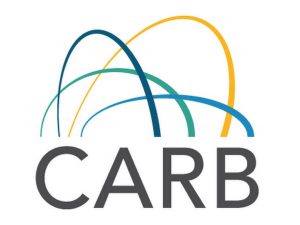 The Renewable Fuels Association (RFA) submitted comments to the California Air Resources Board (CARB) last week stressing that the state’s path toward achieving its carbon reduction targets should be technology-neutral and include a broad array of technologies. RFA also recommended that CARB rely on “more realistic assumptions and feasible scenarios” as it develops its plan to achieve statewide carbon neutrality by 2045 or sooner.
The Renewable Fuels Association (RFA) submitted comments to the California Air Resources Board (CARB) last week stressing that the state’s path toward achieving its carbon reduction targets should be technology-neutral and include a broad array of technologies. RFA also recommended that CARB rely on “more realistic assumptions and feasible scenarios” as it develops its plan to achieve statewide carbon neutrality by 2045 or sooner.
The comments were submitted in response to a CARB workshop on September 30 where the agency laid out possible scenarios for meeting the long-term carbon reduction goals of the California Global Warming Solutions Act of 2006.
“We have learned from the success of California’s LCFS that technology-neutral and inclusive approaches driven by market-based performance standards are the most effective,” wrote RFA Vice President of Regulatory Affairs Kelly Davis. “Developing scenarios can be illustrative but should not be designed in a way to close out known and even unknown technologies that can contribute to meeting carbon neutrality goals.”
Davis also spotlighted the importance of efforts to achieve the greatest reduction of greenhouse gas emissions as soon as possible, and that ethanol can continue to play an important role for California.
“Ethanol blended into California gasoline at ten percent blends has delivered the single largest (35%) source of GHG reductions under the LCFS since its inception in 2011,” she wrote. “Higher blends of low carbon ethanol in the current gasoline pool represent the nearest term and most affordable path for immediate reductions of GHG emissions from the light-duty fleet.”

